Keywords: Un Security Council
-
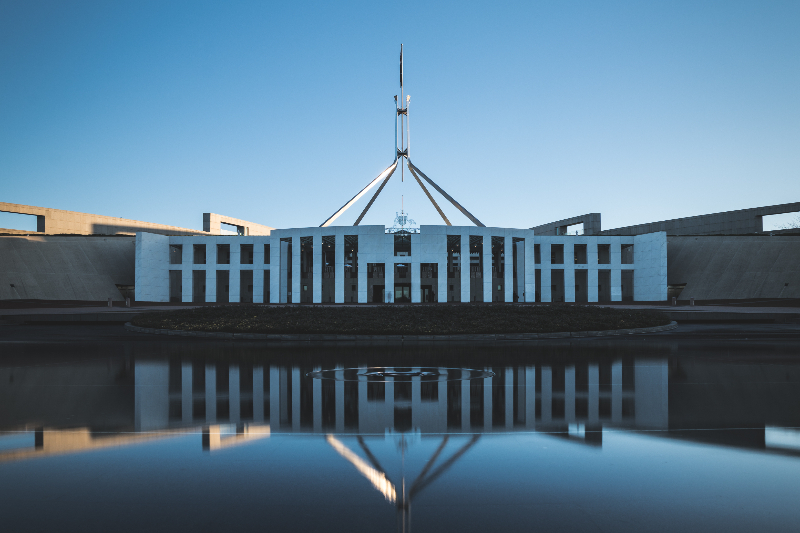
AUSTRALIA
- Frank Brennan
- 22 February 2022
1 Comment
In recent days, if you were to listen to the media reports, you could be forgiven for thinking that religious educators want to retain a right to exclude children or teachers from their schools on the basis of their gender or sexual orientation. Nothing could be further from the truth. Or nothing should be further from the truth.
READ MORE
-
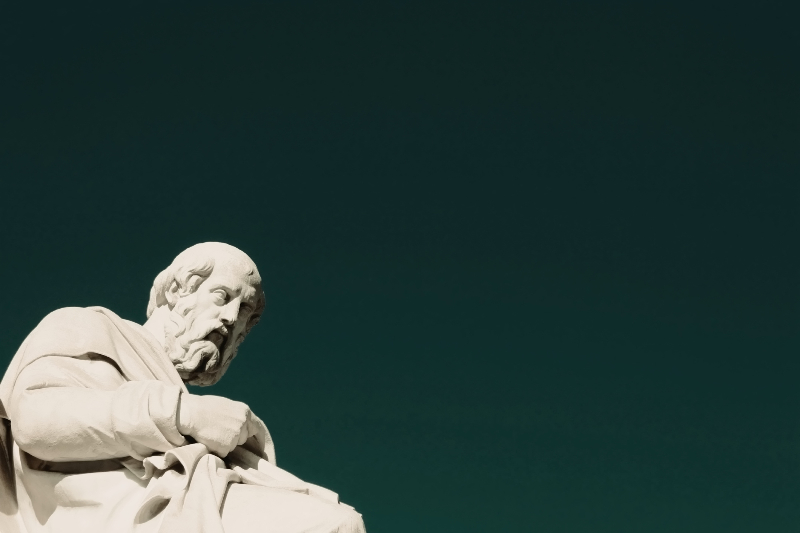
RELIGION
- Gerry O'Neill
- 17 February 2022
13 Comments
At a time when the Catholic Church is being invited to greater humility by the Plenary Council and greater synodality by Pope Francis it may be prudent to acknowledge both the richness and limitations of human knowing, especially when it comes to matters concerning ultimate reality.
READ MORE 
-
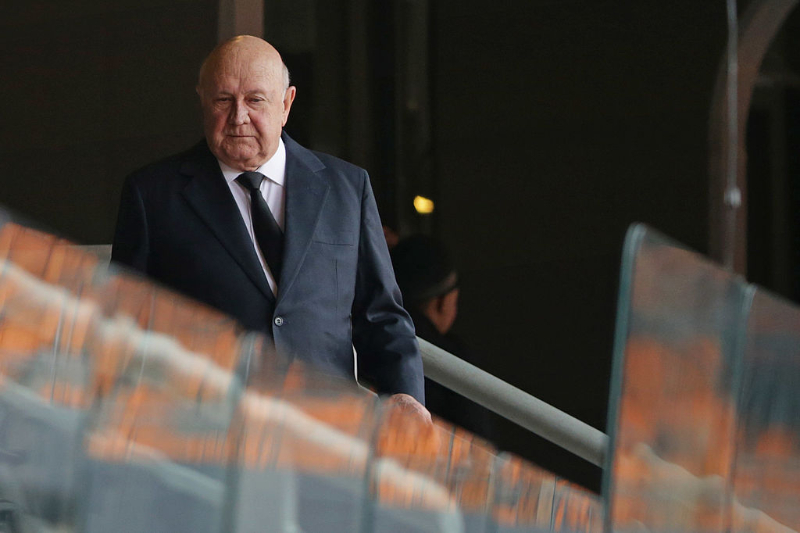
INTERNATIONAL
- Binoy Kampmark
- 23 November 2021
51 Comments
The passing of South Africa’s last apartheid president, FW de Klerk, raises pressing questions about a complex historical character who, according to his brother, Willem de Klerk, slowly outgrew apartheid. In a critical sense, he was bound, understandably, by both time and context: race, the need to defend a racial hierarchy, the historical role of a segregationist system that saw his all-white National Party retain power for decades.
READ MORE 
-
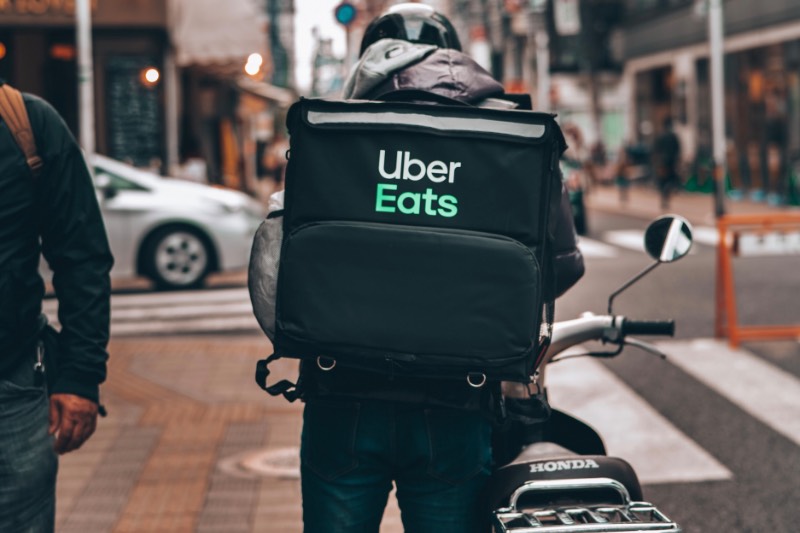
AUSTRALIA
- Dustin Halse
- 27 April 2021
9 Comments
Behind the slick advertising and high-tech veneer of on demand apps and services lies a bleak, hazardous and often dangerous reality: tens of thousands of people are working at the fringe of the labour market as delivery riders and personal chauffeurs. When you remove all the tech, the sizzle and pop, it’s little more than modern day iteration of old-school precarious piece work arrangements.
READ MORE 
-
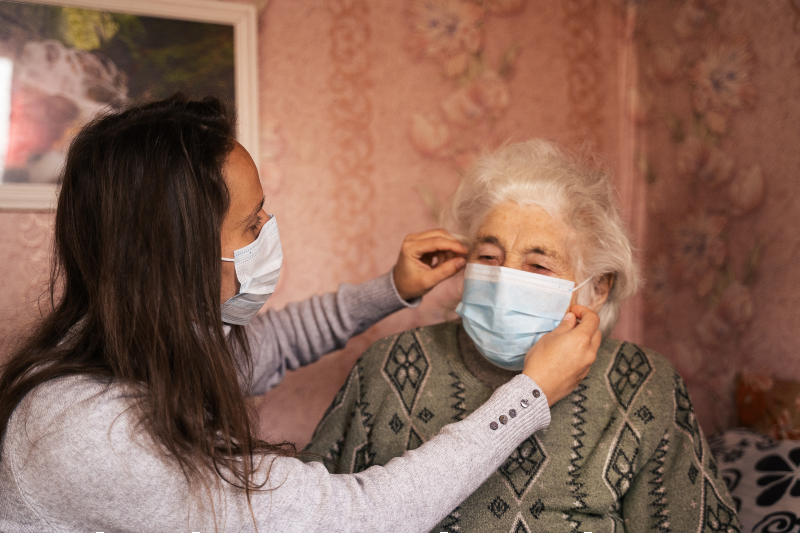
AUSTRALIA
- Cristy Clark
- 26 November 2020
5 Comments
This past weekend, I visited my grandparents in their residential aged care home. As usual, it was both lovely and utterly heartbreaking. Lovely, because I feel so lucky to be able to spend time with them, that they are still alive, their home is accepting visitors, and they still remember who I am. But, also, heartbreaking, because aging is tough, and living in residential aged care is tougher still, and this year, well, this year has made it all so much harder.
READ MORE 
-
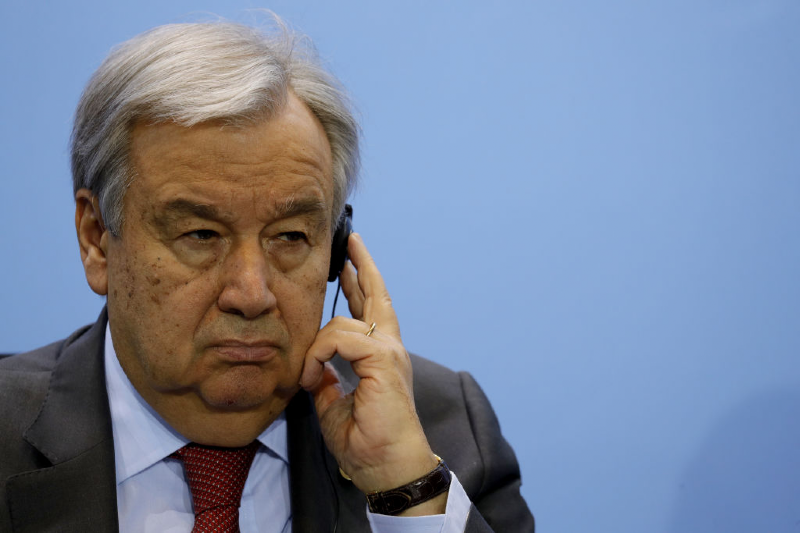
INTERNATIONAL
- Barry Gittins
- 22 October 2020
1 Comment
The UN describes itself as ‘a global forum where countries can raise and discuss the most difficult issues, including problems of war and peace’. Saving lives that would otherwise be taken in wars is the big-ticket item; the reason the body was formed. So, 75 years on, how would the UN be graded in terms of achieving those five tasks?
READ MORE 
-
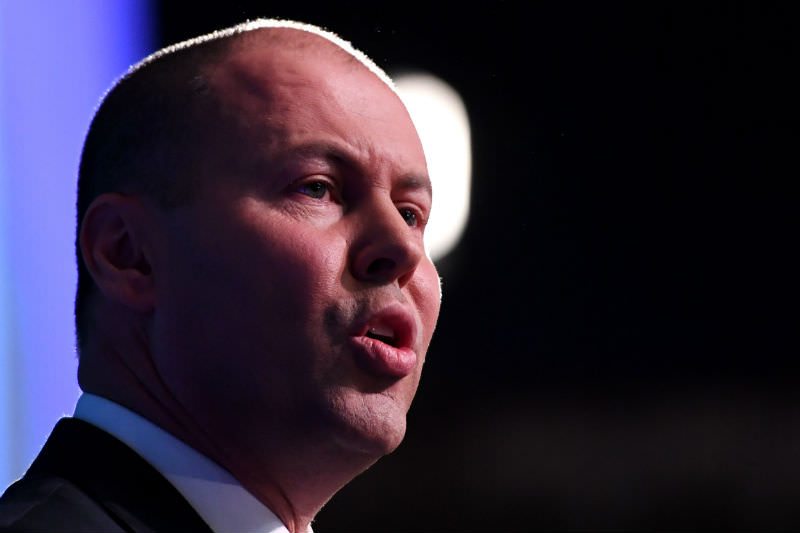
ECONOMICS
- Joe Zabar
- 24 September 2020
3 Comments
The havoc COVID-19 has wreaked on our economy has been less damaging than for some other countries. While international comparisons may help us feel better about our circumstances, the reality is that Australia’s economy is in trouble and will need more than economic first aid through measures like JobKeeper to get us back on track to recovery.
READ MORE 
-

AUSTRALIA
- Cristy Clark
- 02 July 2020
5 Comments
The significance of having a sanctuary has been heightened during the last months of living with the threat of COVID-19, which starkly highlights the experience of those Australians who do not have a sanctuary, who do not have a home to shelter in.
READ MORE 
-
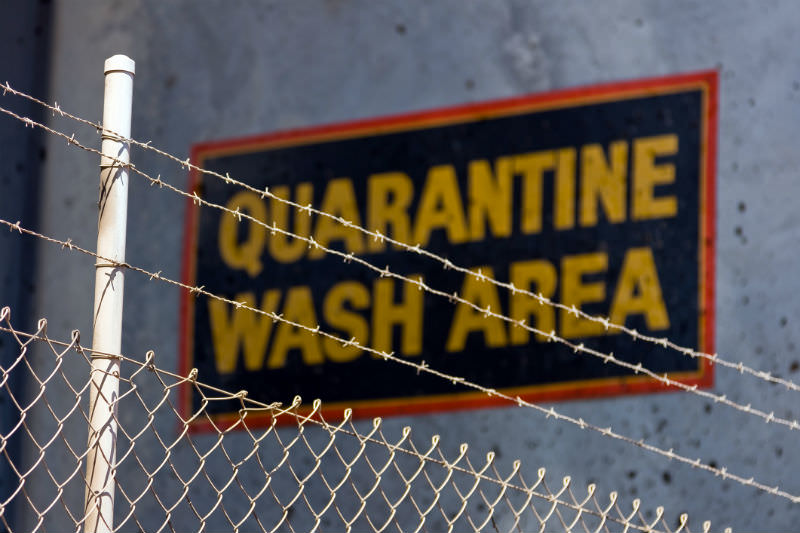
AUSTRALIA
- Binoy Kampmark
- 10 March 2020
6 Comments
Authorities can also be fearful, paranoid at the unruly nature of their subjects. Public health emergencies have been declared in various countries and while these are deemed necessary, they come with the exercise of broad, muscular powers.
READ MORE 
-
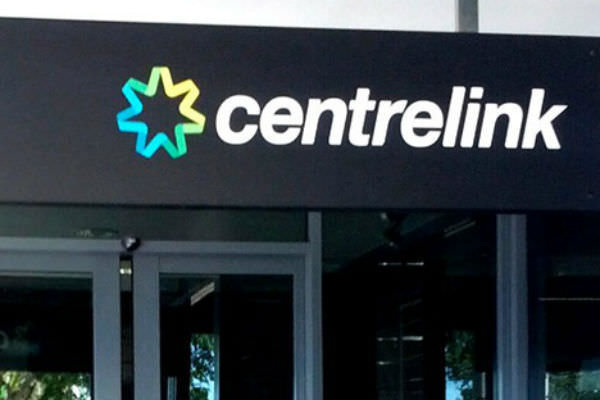
ECONOMICS
- Bree Alexander
- 25 February 2020
2 Comments
After taking account of housing costs, it is estimated that 3.24 million people, equating to more than one in eight people, are estimated to be living below the poverty line in Australia. For children, it is estimated to be one in six.
READ MORE 
-
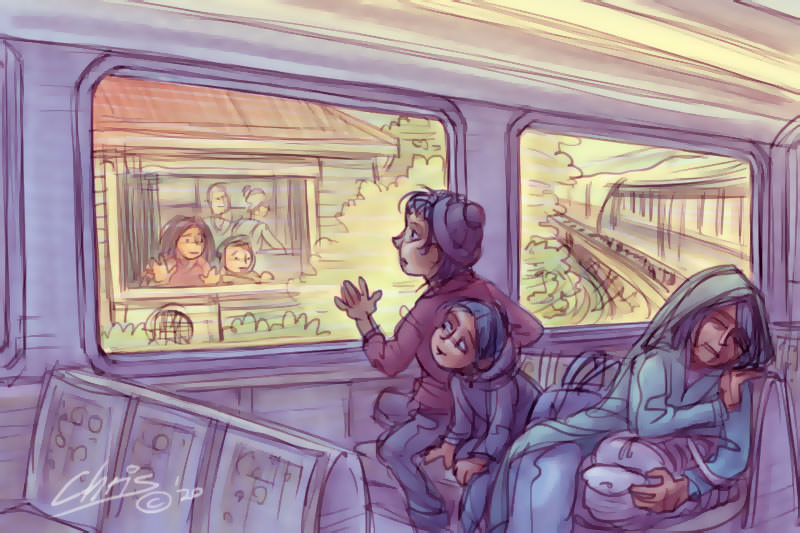
ENVIRONMENT
- Andrew Jackson
- 21 February 2020
6 Comments
As the bushfires raged and air quality worsened, we were constantly told to stay indoors, keep cool and be alert for emergency orders on our phones. But with each public service announcement, we continued to leave some of our most vulnerable behind.
READ MORE 
-
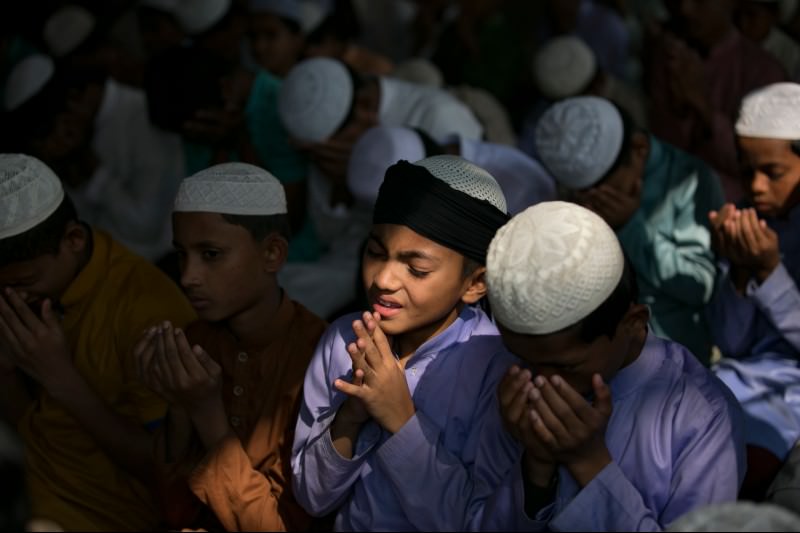
INTERNATIONAL
- Bree Alexander
- 31 January 2020
On 23 January, the International Court of Justice handed down an unprecedented unanimous decision on provisional measures in the case of The Gambia v Myanmar. While the judgement has given hope to some, the Rohingya population still remains largely in dismal and precarious refugee camp conditions.
READ MORE 